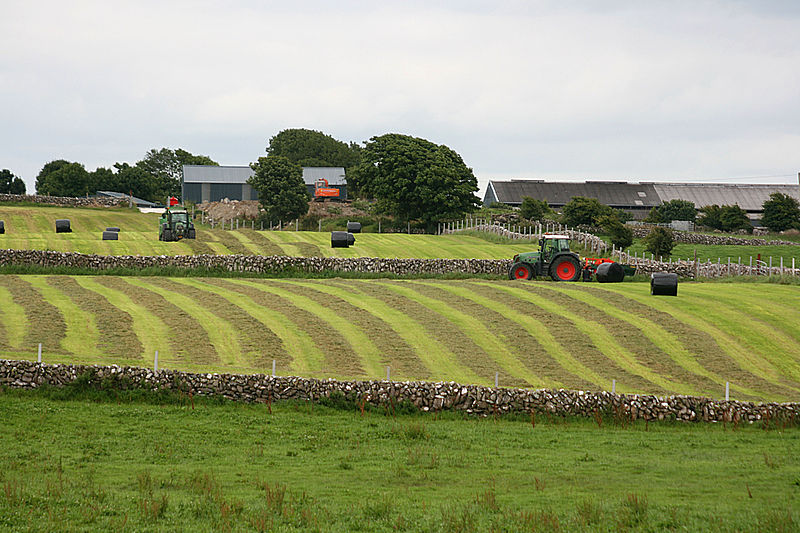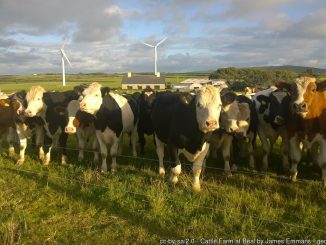A sequence of CAP information meetings are being held around Ireland. The majority of these, organised by the Irish Department of Agriculture and the main farming newspaper the Irish Farmers’ Journal are ostensibly going very smoothly, with little opposition to the plans of Minister Simon Coveneny. But are things all going as smooth as it seems? Is there an undercurrent of dissent behind an omerta of conforming silence?

The main message being trumpeted by established voices of the farming industry at a round of meetings held in rural areas is that the CAP reform train has left the station.”If we start unravelling the proposals now, there is no way that any farmer will be paid in 2015,” Minister Simon Coveneny, was reported to have said at one of these meetings, in the Farming Independent.
Recently retired editor of the Irish Farmers’ Journal Matt Dempsey, in last week’s edition of the paper, said in his Dempsey at Large column “it is noticeable how much acceptance there is of the general CAP reform outcome…the number of real objections at the Carlow and Mullingar meetings was tiny”. He went on to wonder why this was so, when so many suffer financially.
James Reynolds, honorary Secretary of the 10,000 member ICSA, (Irish Cattle and Sheep Association) sheds some light on this curious conundrum of the very schtum.
Speaking to Arc2020, he said “we were very disappointed with the structure of those meetings. They stifled democratic debate. Questions were not invited from the floor, they were presented up to the top table, written on cards instead. So it was more like a lottery system. The format was disappointing.
He went on “the ICSA were very annoyed that democratic debate was stifled. Matt Dempsey wrote in the Journal last week that from his experience only a tiny minority of people expressed any difference of opinion to the Minister’s proposals. That’s a high presumption on his part. A lot went just for information, those who wanted to ask awkward questions didn’t get the chance”.
The ICSA are currently in what could be described as ‘in-between’ mode. Under a previous leadership, they were more in line with Minister Coveneny’s plans. Now however, they are, as an organisation, taking another look at their attitude to how CAP should be implemented.
“The ICSA is reevaluating its position” Reyonds told Arc2020. “We’re internally debating all issues relating to CAP. And, without preempting our outcome, we have an expectation that our initial position will be substantially modified.”
The outcome of this internal process is yet to unfold. However were this modification to, in practical terms, turn into outright opposition to the trajectory of CAP implementation in Ireland, this would be very significant indeed. For the ICSA are one of the big three farming organisations in Ireland, one that represents drystock farmers primarily. Up until now, only the very small UFA and Ballinlough farmers have put their heads above the parapet.
One of the anomalies in this Irish situation is that a majority of farmers would actually have benefited from the original Ciolos redistribution proposals, but the farming leadership, both Departmental and agri-industrial, have been amongst the strongest opponents of this.
Significantly, as was pointed to in a recent Arc2020 post, main opposition agriculture spokesperson Deputy Eamon O Cuiv claims he has had assurances that August 1st is the deadline for finalising CAP. It is noteworthy that both Minister Simon Coveney and O Cuiv have presented at ICSA meetings recently. All is not quiet on the Western front just yet it seems.





